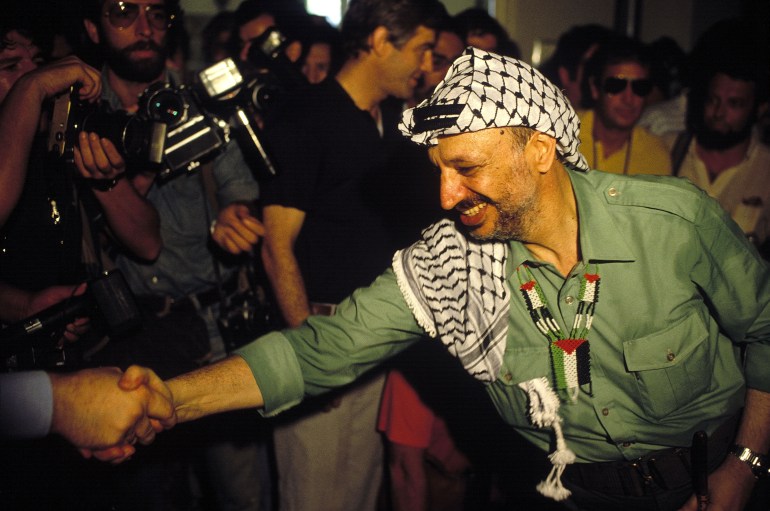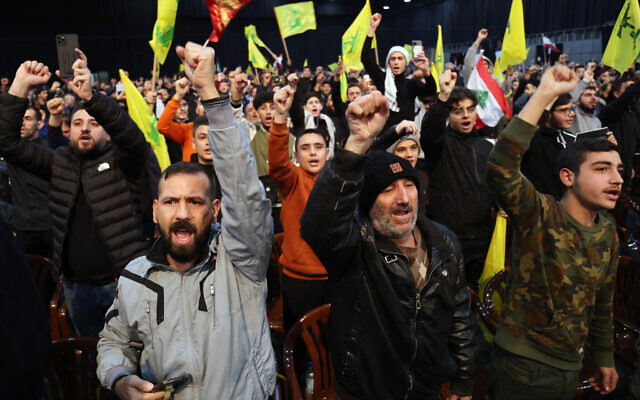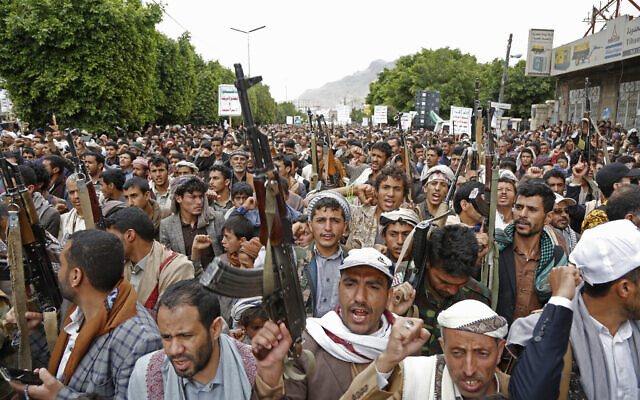
On January 2, a drone strike in Beirut's southern suburbs left Saleh al-Arouri dead. Six others including high-ranking Hamas military commanders Samir Findi and Azzam al-Aqraa were also assassinated. The attack was carried out by Israel, which has not taken responsibility for the killings but is considered highly likely to have ordered them.
For decades, Israel has targeted Palestinian leaders in Lebanon, a stronghold of Hamas ally Hezbollah. Ghassan Kanafani was one of Israel's first targets in Lebanon and was assassinated on July 8, 1972. Bassam Abu Sharif also became spokesperson for PFLP after Kanafani's murder but survived an attempt to kill him with a parcel bomb in Beirut on July 25, 1972.
Israel tried to assassinate Yasser Arafat on October 1, 1973 during a meeting in Beirut. Plans were made for years and several attempts were launched between June and August 1982 but none succeeded.
On January 22, Mossad agents executed an elaborate plot to assassinate Ali Hassan Salameh, a top PLO member believed to be the architect of the Munich kidnappings. Spies had enrolled at his gym and rented an apartment close to his home.
Israel raided Palestinian bases in southern Lebanon targeting Ahmad Jibril on December 9, 1988 but commandos were met with heavy resistance from Palestinian fighters. Mahmoud al-Majzoub was assassinated on May 25, 2006 in the city of Sidon and Israel denied responsibility for the attack but both Islamic Jihad and Hezbollah held Tel Aviv responsible.
The killing of Saleh al-Arouri is a significant escalation in Israel's war effort against Hamas. It comes as Israeli troops begin to withdraw from Gaza after three months of full-scale military invasion leveling much of the Strip and killing more than 22,000 people.
The assassination has been widely condemned by international leaders including U.S President Biden who described it as a violation of Lebanese sovereignty.






